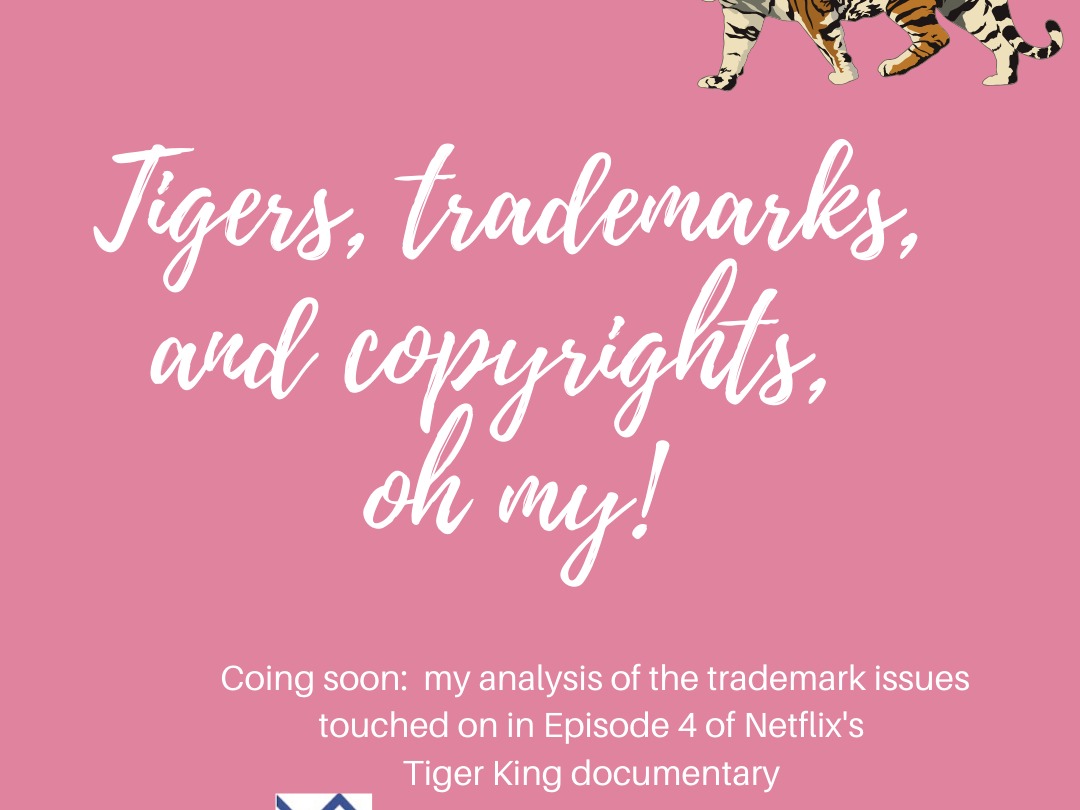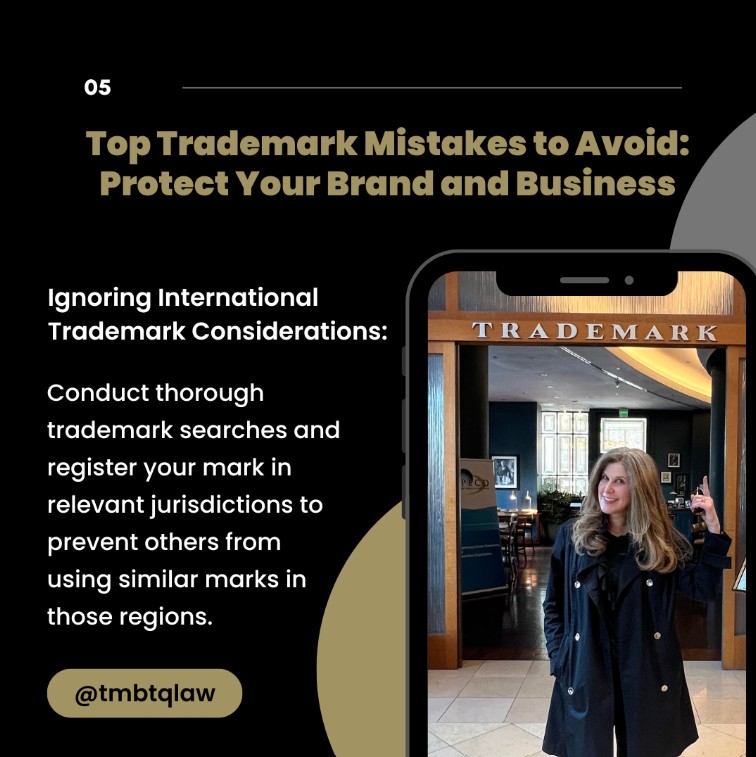
The U.S. Copyright Office recently released Part 3 of their guidance on how artificial intelligence interacts with copyright law. . . AND Shira Perlmutter was fired from her position as the Director of the Copyright Office Register of Copyrights. We touched on AI issues a few months ago, but now if you’re using AI tools or concerned about your creative work being used by others — this matters even more. We’ve read the report, and here’s what you need to know, in plain language – we get into more depth below.
- AI companies are using massive amounts of copyrighted content to train tools like ChatGPT and image generators.
- The Copyright Office says this might be legal in some cases, but it depends on how the material is used and whether it hurts the original creator’s ability to earn money.
- AI-generated content can’t be copyrighted unless a human meaningfully contributed to it.
- The government is not proposing new laws yet — but it encourages creators and AI companies to work out licensing solutions, so rights holders get paid.
- Leadership changes at the Copyright Office show this area is in flux — which means legal standards might shift soon.
Can AI Use Copyrighted Content?
Maybe — but it’s complicated.
AI companies train their tools by feeding them massive amounts of existing content: books, photos, articles, music. Some of that content is protected by copyright. The “Fair Use” defense is a legal doctrine and defense to claims of Copyright Infringement. “Fair Use” allows limited use of copyrighted material without permission, but only in certain situations (like commentary, news, teaching, or parody). Courts weigh four factors to decide if it’s fair use — but it’s not automatic, and outcomes vary case by case.
The law around this is still developing, but the Copyright Office says this:
- Each case must be evaluated individually (fuzzy legal standard)
- If the AI’s use of your work replaces or mimics it closely, it probably violates the Copyright holder’s rights
- If you’re using AI tools that rely on copyrighted content, you may be taking on legal risk
Who Owns AI-Created Work?
Only humans can own copyrights. If a machine generates something without meaningful human input, it can’t be protected by copyright law.
So:
- If you’re a creator, AI-generated work most likely won’t be protected unless you significantly shape it
- If you’re a business, AI-created content might not belong to you in the eyes of the law — and you may not be able to stop others from copying it
What’s the Government Doing About It?
The Copyright Office is not pushing new laws — yet. But it is encouraging:
- Licensing systems that would allow AI companies to pay creators for using their work
- New marketplaces or collective organizations (like music royalty groups) to help automate these payments
These systems don’t exist yet, but they’re coming. Creators should be ready to opt in. Businesses should be prepared to pay. The Copyright Office suggests that Market-Based Licensing /Collective Licensing may be a solution. In other words, instead of using copyrighted works for free and hoping it’s “fair use,” creators and companies could develop systems where rights holders are paid when their work is used to train AI. Think of it like music royalties: artists get compensated when their songs are played, even if they don’t negotiate each use themselves.
What About the Leadership Shakeup?
Leadership at the Copyright Office and Library of Congress is changing — Shira Perlmutter, the Register of Copyrights, has just been terminated — and it may reflect growing political pressure around AI and copyright. While it doesn’t affect your day-to-day rights now, it signals one thing: this area is in motion, and legal standards could shift.
What You Should Do Now
For Creators:
- Keep records of your work
- Monitor where and how your content is used online
- Stay informed about licensing opportunities
For Businesses Using AI:
- Review how you use AI content in your operations
- Don’t assume AI-generated work is yours to own or protect
- Consider legal review before scaling any commercial AI strategy
Questions? Our team advises both creators and companies on staying compliant and protected in this evolving legal space. If you’re unsure how these issues impact your work or business, we’re here to help.



